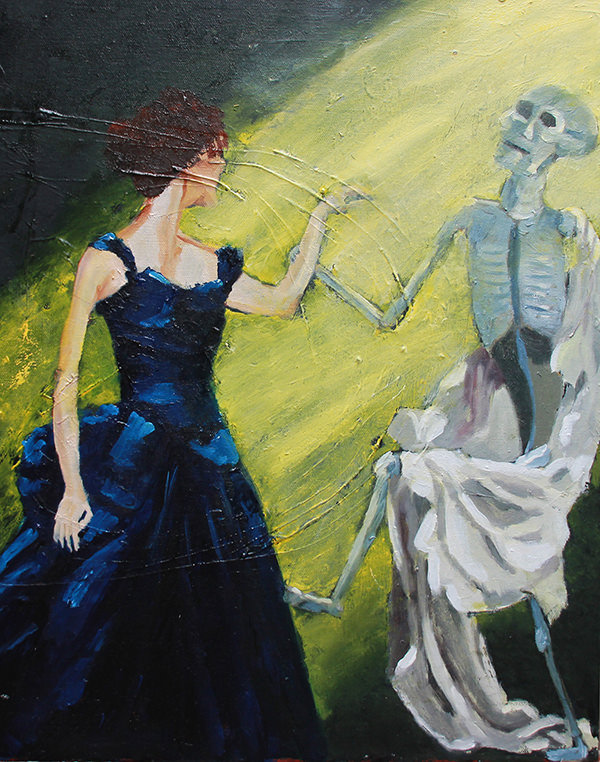Special issue
The Dead Girl in Feminism: A Transformation in Five Acts
Hannah Ky McCann
Abstract
This paper considers the connection between death and feminism, specifically, as constituted in response to claims of the death of feminism. As Sherryl Vint notes, “The death of feminism has been predicted for almost as long as there has been a movement identified as feminist” (2007, 165). Examining the perpetual question “Is feminism dead?” as seen in popular media, this paper charts the present-day agreement between feminists and media alike that a younger generation of “post-feminist” women are feminism’s killer. This paper considers that in naming post-feminism as feminism’s opposite, feminism finds a way to shout in the face of death and reassert a provisional existence. The paper proceeds in five acts, drawing heavily on the work of Hélène Cixous (1976, 1981, 1991) and the relationship between death, birth, writing and the feminine, as well as Gilles Deleuze (1983) on Nietzschean affirmation. This paper asks how we might approach what stands outside of the binary of feminism/post-feminism and is therefore paradigmatically unthinkable, to consider: how are we responding to the threat of death? Extending from Cixous’ Medusa who laughs in the face of death, to Nietzschean joy as a mode of engagement, this paper suggests that feminism ought to move away from the binary feminism/post-feminism and assert itself against a different paradigm.
Keywords
Post-feminism; Death; Writing; Feminism; Gender; Theory
This work is licensed under a Creative Commons Attribution-NonCommercial-NoDerivs 3.0 Australia License.
ISSN: 2202-2546
© Copyright 2015 La Trobe University. All rights reserved.
CRICOS Provider Code: VIC 00115M, NSW 02218K

